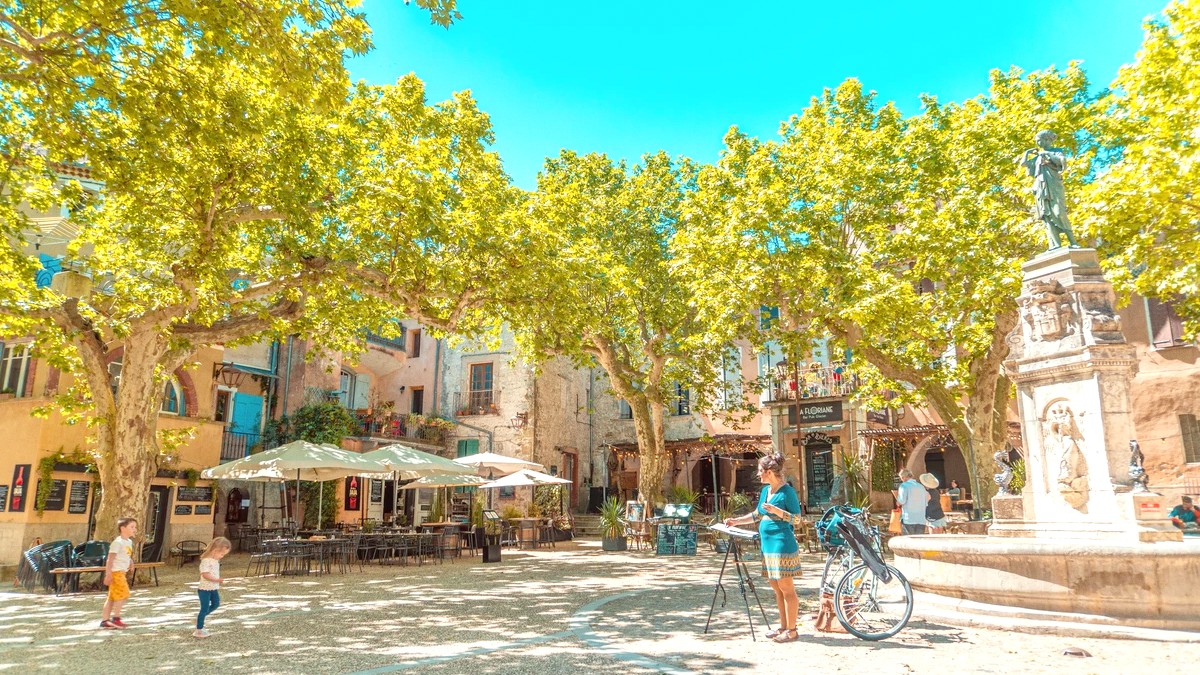
Languedoc Roussillon, France
Protecting the natural environment is important for the planet and all visitors. Respect designated paths in parks, observe wildlife without disturbance, and learn about local conservation.
Engage respectfully with local customs. Learn basic French phrases. Ask permission before photographing people. Observe modest dress codes at religious sites.
Your travel choices contribute to the local economy. Support local businesses, artisans, and fair trade options to foster community prosperity.
Protecting the natural environment of Nîmes and its surrounding regions is important for the health of the planet and the enjoyment of all visitors.
Nîmes is close to significant protected areas with strong conservation efforts.
France has a developed recycling system. Be mindful of water usage.
Consider carbon offsetting and choose eco-friendly lodging and tours.
Respect local culture, heritage, and privacy.
Engage with local producers at markets like Les Halles. Choose independent restaurants, cafes, and shops over international chains.
Visit The Rainforest Site for conservation support.Look for locally made or certified fair trade products. Avoid activities that might exploit animals or individuals.
Carry a reusable water bottle and fill it from taps or public fountains. This action reduces plastic waste and promotes hydration.
Making conscious choices contributes positively to the destination and its people.
Foster positive relationships with locals through respectful engagement.
Show reverence and follow etiquette at religious landmarks.
Be aware of potential harmful practices and make informed choices.
Your travel decisions have a direct economic impact on the local community.
If you wish to donate to local causes, do so responsibly.
Donate through reputable local charities.
Support registered NGOs working in the region.
This ensures your contribution reaches those who need it most in a structured way.
Embracing sustainable and responsible travel leaves a positive footprint, preserving Nîmes' heritage and environment for future generations.